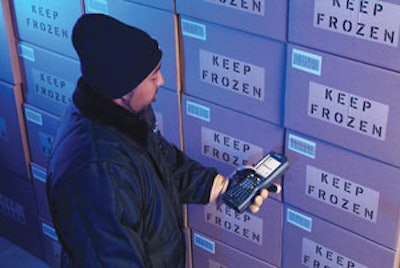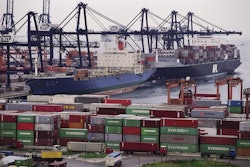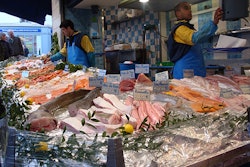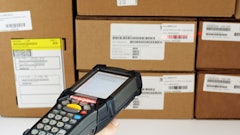
At the request of the U.S. Food and Drug Administration and the U.S. Attorney for the District of Massachusetts, U.S. Marshals have seized about 5,000 cases of ready-to-eat frozen Jonah crab products processed by Rome Packing Company Inc. FDA investigators determined the products have been prepared, packed and held under unsanitary conditions and may present a risk to human health.
During an FDA inspection of Rome Packing in Lakeville, Mass., from November 2014 through January 2015, investigators observed poor sanitary practices and found that the company’s cooking process for crabs did not maintain adequate temperatures to prevent the growth of pathogens such as Listeria monocytogenes (L. mono). FDA investigators collected environmental swabs during the inspection and confirmed the presence of L. mono in the manufacturing area. The presence of L. mono in the processing environment may indicate colonization in other areas of the facility.
“The FDA made several efforts to help Rome Packing correct processes, but the company failed to take adequate corrective measures,” said Melinda K. Plaisier, the FDA’s associate commissioner for regulatory affairs. “In this case, we had to intervene and seize this adulterated food to prevent it from reaching consumers.”
The FDA used a bacterial typing tool called whole genome sequencing (WGS) to link the samples collected in the facility. WGS technology can show the relationship among isolates of bacterial pathogens found in the environment, a food source, or a person who became ill from consuming contaminated food.
L. mono is a pathogenic bacterium that can contaminate foods, which may result in a sometimes life-threatening illness called listeriosis. People with compromised immune systems, the elderly, pregnant women and developing fetuses are particularly susceptible to listeriosis. L. mono grows under refrigeration and wet conditions, resists diverse environmental conditions, and can survive for prolonged periods of time.
Rome Packing is currently not operating or producing food. No illnesses have been reported to date.
The FDA, an agency within the U.S. Department of Health and Human Services, protects the public health by assuring the safety, effectiveness, and security of human and veterinary drugs, vaccines and other biological products for human use, and medical devices. The agency also is responsible for the safety and security of our nation's food supply, cosmetics, die


















